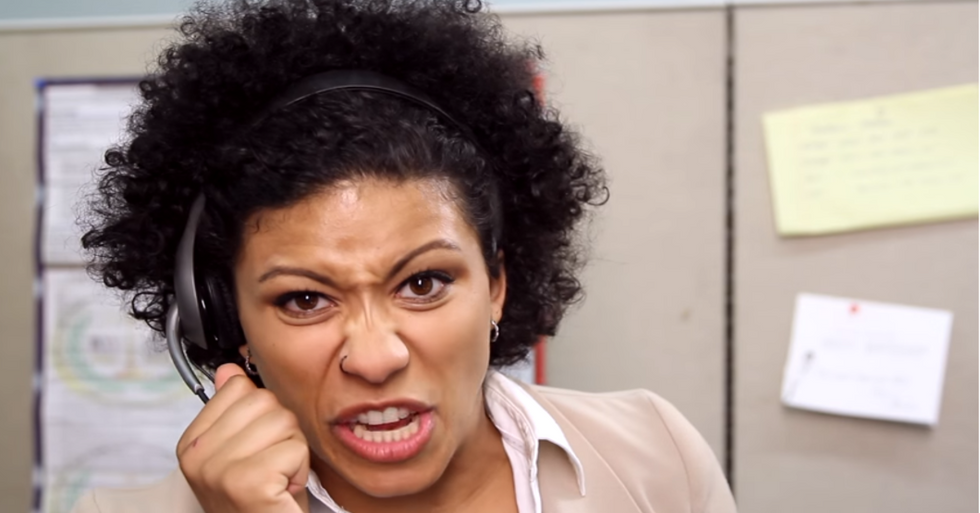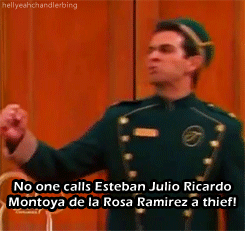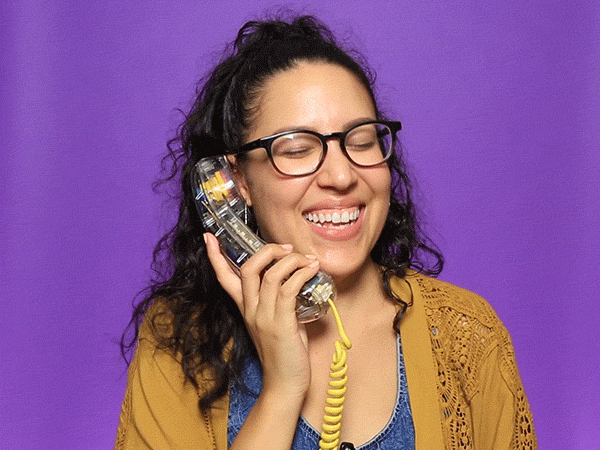I grew up in a family of coaches. My mom has coached it all; she coaches volleyball and has been for more than 35 years. In the midst of that, she has also coached track, soccer, basketball, and probably several other sports I’ve just forgotten about. My dad coached football some 20-plus years ago. My older brother is a head football coach, but has also coached basketball and track previously. My older sister coaches volleyball and basketball as well.
To say the least, we’re an athletic family with a love for the games.
I spent the first 18 years of my life around my mom coaching volleyball. Every day after school in the fall, that’s where I was. I kept my mom’s scorebook for six years. When we weren't in a gym playing volleyball in the fall, or in the gym playing basketball in the winter, we may be bracing anywhere from triple digit to below freezing temperatures sitting in the stands supporting my brother and his football team. From sitting at scores tables with fans behind me to joining the fans in the bleachers, you hear a lot of words.
Just to emphasize that again, I made a new paragraph for you. From sitting at scores tables with fans behind me to joining the fans in the bleachers, you hear a lot of words.
I get it, I do. You get drawn into the game, you get irritated with coaches, you don't agree with the official’s calls, and your temper can get the best of you. But when you’re yelling at the coaches, I want to remind you that coaching is more than winning and losing.
Now don't get me wrong, we want to win. We all want to win, and losing is not fun. But when your child is grown and all of this is history, you wont remember each game. You wont remember the situations and why you were even yelling in the first place, but your child will remember the coach and his teammates the most.
Through hours of practice each week, games, travel, meals, and much more, your athlete is spending many hours each week learning from and developing a relationship with his or her coach.
The main thing your coach will spend most of their time doing each week is coaching. However, your child is learning many more valuable lessons from their coach. From hearing constructive criticism, learning discipline, and developing a trusting relationship with these adults, your child is learning more than the skills of the game.
Morale is defined as “the confidence, enthusiasm, and discipline of a person or group at a particular time.” Your child’s coach is raising their confidence and strengthening their morale in more ways than just on the court. Their coach is cheering for them, and teaching them how to be better. Teaching them how to be a better player, better teammate, and a better person. They're encouraging them, and literally pulling for them to win on the court, in the classroom, and in life. During the time the team spends together, the coach is also sharing personal life experience and wisdom with his or her players. They are teaching them how to be successful in everything that they do, and the athletes are looking up to their coach as a role model and leader.
So before you yell about the staff again, just remember what they’re doing for your athlete. They may not be your favorite, and you may not agree with what they do, but believe it or not, the coach is the team’s number one fan, they believe in them more than anyone else, and they love their players more than anyone knows. Unless they are a collegiate coach at a big school, the coach probably isn’t getting paid much, and at local YMCAs or other places, not being paid at all. But they are doing their hardest, loving their team, and teaching them way more than just the skills for the game.
Coaching is way more than winning and losing: it's about connecting with the players and teaching them about life through sports. Coaching is about making your child a better athlete, and a better person. The lessons they learn outside of playing time are more important than the lessons they learn while on the court.















































